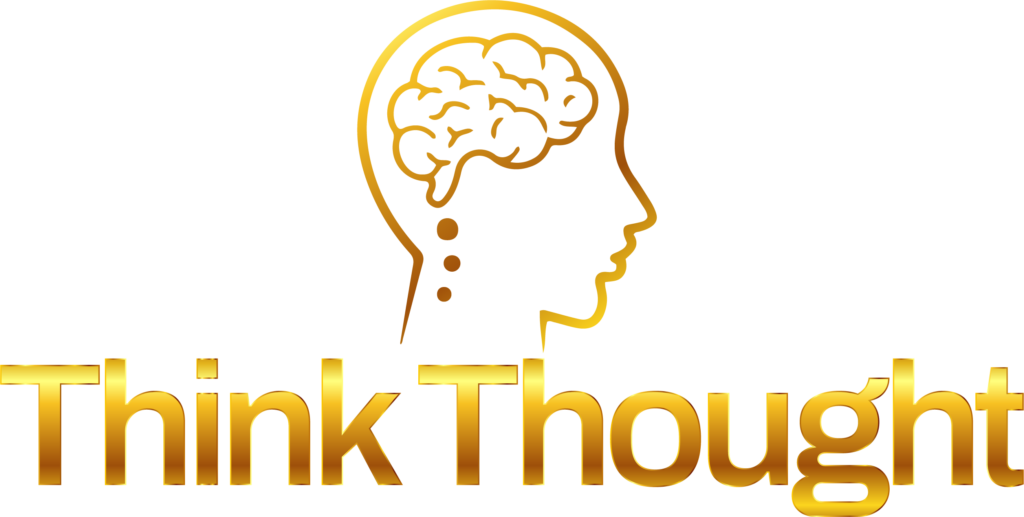Your brain doesn’t shut down when you sleep—it reboots. With 1 in 3 adults suffering chronic sleep disorders (CDC) and 90% of depression cases involving sleep disruption, the brain-sleep link is undeniable. Yet most sufferers never access specialized care. Discover how integrated psychiatric approaches can restore rest—and mental resilience—through evidence-based sleep solutions.
Why Sleep Disorders Are Neurological Events
Sleep disruptions aren’t just inconveniences—they’re brain signaling failures with cascading mental health impacts:
-
🧠 Limbic System Overdrive: Poor sleep amplifies fear/anxiety circuits by 60% (Nature)
-
🧬 Cellular Repair Sabotage: Critical neuroplasticity occurs in deep sleep stages
-
⚖️ HPA-Axis Dysregulation: Cortisol spikes fragment sleep → Worsen mood disorders
-
💊 Medication Trap: Sedatives worsen sleep architecture long-term
Telehealth Impact: 74% of insomnia patients achieve faster remission via virtual sleep psychiatry (Sleep Journal).
4 Advanced Sleep Disorder Treatments
1. CBT-I (Cognitive Behavioral Therapy for Insomnia)
-
Gold Standard Protocol:
-
✨ Stimulus Control: Reassociate bed with sleep (no screens/work)
-
⏳ Sleep Restriction: Temporarily limit bed time to consolidate sleep
-
🤔 Cognitive Restructuring: Challenge “I’ll never sleep” beliefs
-
-
Virtual Advantage: Therapists review sleep diaries in real-time via screen share
2. Chronotherapy Alignment
-
Personalized Scheduling:
-
🌅 Light Exposure Protocols: 30 mins morning sunlight resets circadian clocks
-
🕒 Temperature Cycling: Cool bedrooms (18°C) trigger sleep onset
-
⚡ Energy Mapping: Schedule tasks around natural alertness dips
-
3. Sleep Architecture Optimization
-
Neurotech Integration:
-
Wearable EEG (Dreem, Muse S) measures REM/deep sleep ratios
-
Telepsychiatrists interpret data to adjust behavioral interventions
-
Targeted audio stimulation boosts slow-wave sleep
-
4. Medication Deprescribing
-
Strategic Tapering:
-
Replace benzodiazepines with melatonin agonists (e.g., ramelteon)
-
Address root causes (anxiety, sleep apnea) via integrated care
-
Supplement with magnesium glycinate/L-theanine for neural calm
-
Telehealth: The Sleep Care Revolution
| Traditional Barrier | Telehealth Solution |
|---|---|
| Sleep clinic waitlists (6+ months) | Next-week specialist access |
| Lab sleep studies ($3k+) | Home testing kits + remote monitoring |
| Sedative dependency | Non-pharmacological alternatives |
| Circadian rhythm disorders | Time-zone agnostic care |
| Stigma of “sleep weakness” | Private in-home consultations |
Data Insight: 68% maintain CBT-I gains long-term via telehealth booster sessions (JAMA Psychiatry).
Your 21-Day Sleep Restoration Plan
-
Days 1-7: Reset Foundations
-
Fixed wake time (even weekends) + 1 hour pre-bed screen ban
-
Sleep diary: Track caffeine, stress peaks, wakefulness
-
-
Days 8-14: Optimize Architecture
-
Introduce sleep restriction (limit bed to 90% average sleep time)
-
10 mins morning sunlight + cool shower upon waking
-
-
Days 15-21: Integrate Professional Care
-
Consult specialist: “Do you offer CBT-I or sleep neurofeedback?”
-
Install sleep tech (e.g., Oura ring) for progress tracking
-
Conclusion: Your Brain Deserves Deep Rest
Sleep disorders aren’t life sentences—they’re treatable neurological conditions. With precision psychiatry, circadian science, and telehealth accessibility, sustainable sleep restoration is within reach. Remember: Prioritizing sleep isn’t indulgence—it’s neural maintenance.
